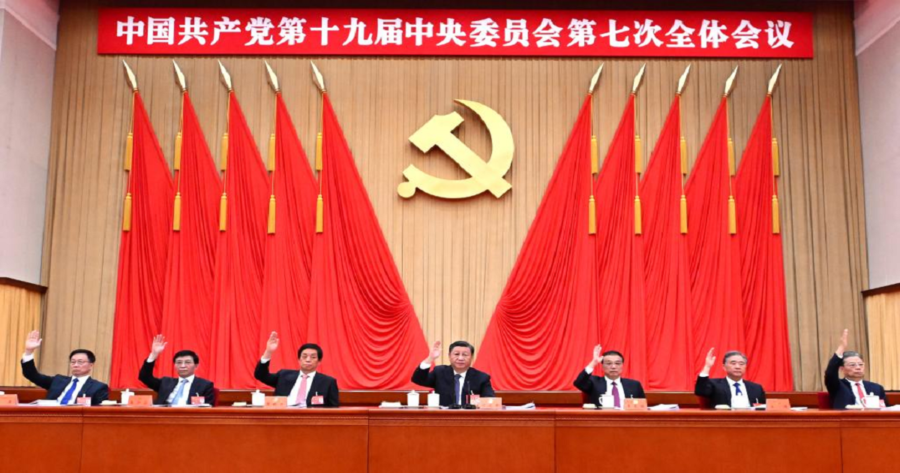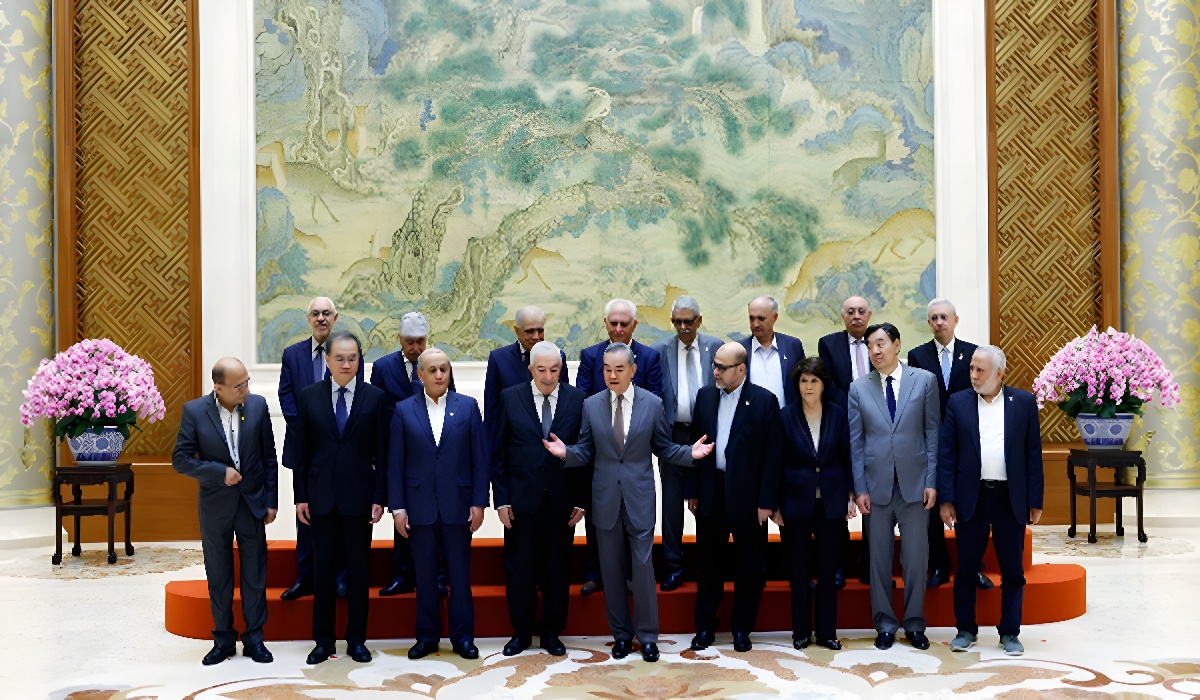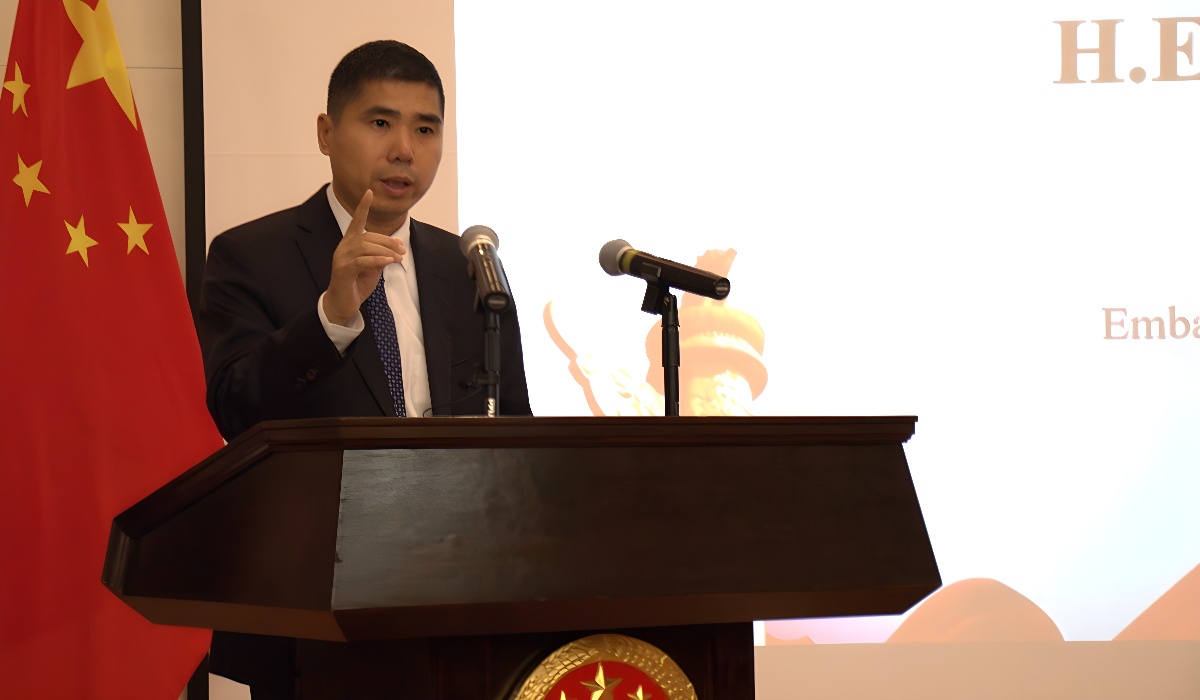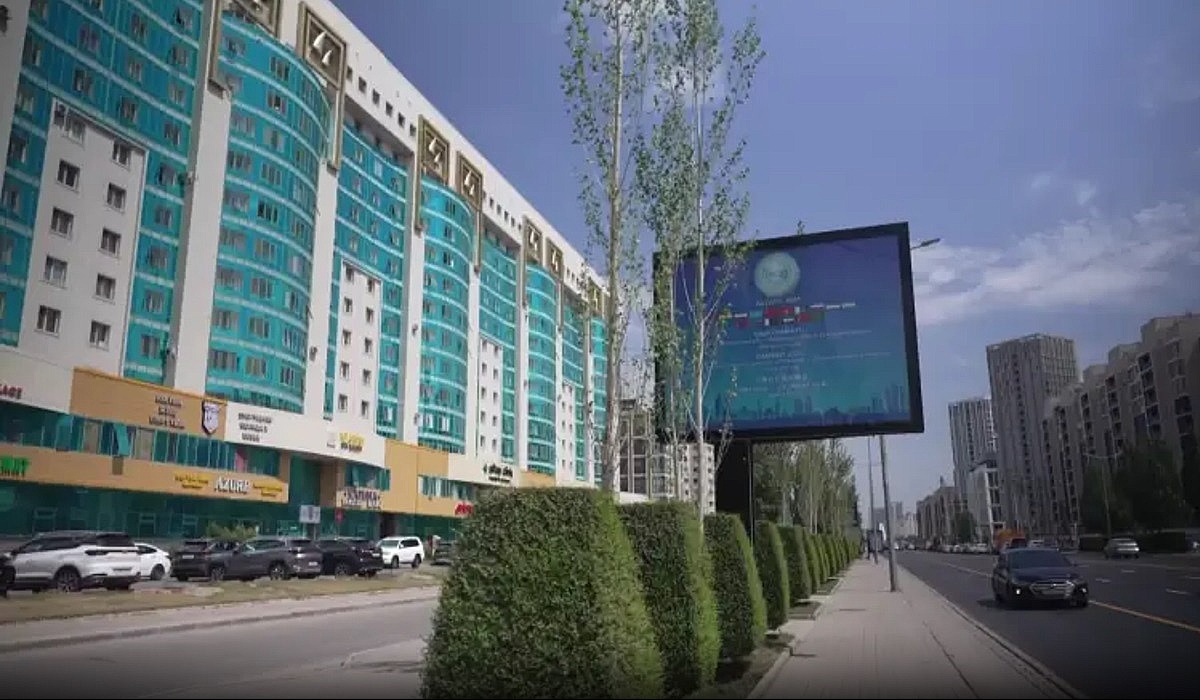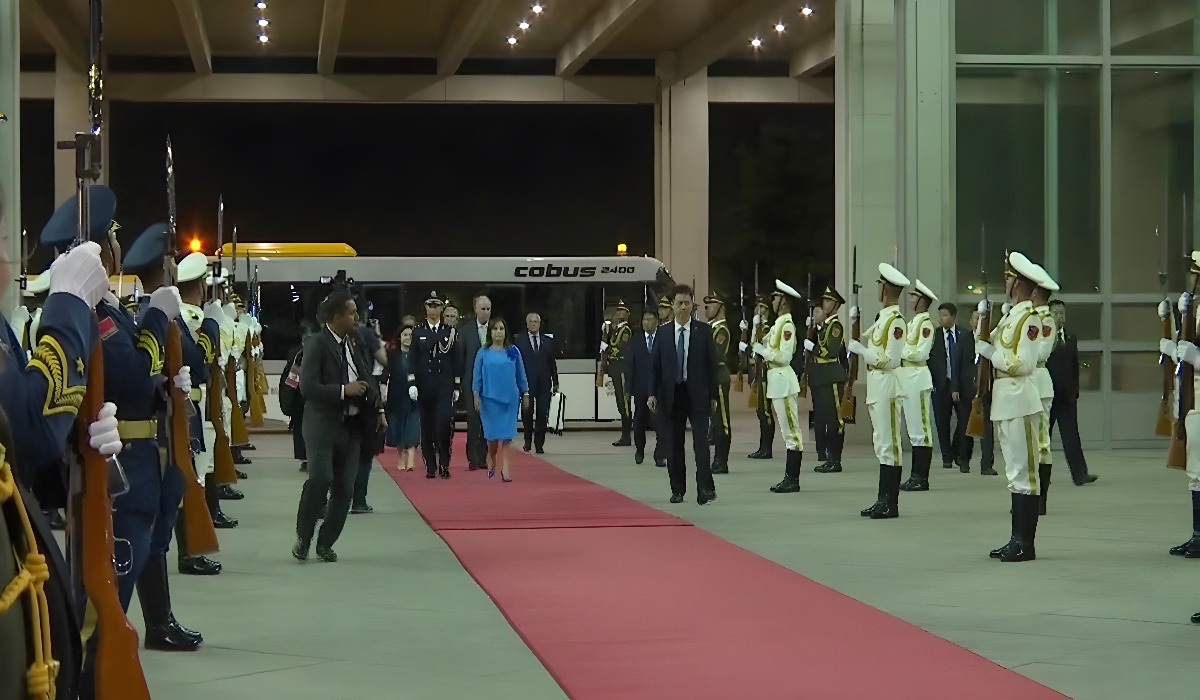For every government to succeed and operate in the best interest of the people they are elected to govern, there must be some form of cooperation with other parties.
However, when it comes to China, the notion of the government collaborating or seeking to cooperate with other parties to ensure the future of over 1.4 billion people’s needs are met is often never spoken about by Western media.
Western philosophies only recognized democratic forms of government as the right choice or superior, and that sentiment is very much reflected in its coverage of China.
There is no perfect government, and unfortunately, countries in Western civilizations have and will always maintain a negative view of China. It is simply a consequence of policies and ideologies inherited from generations of governments and amplified by the media.
Western democracies teach citizens that communism is terrible, democracy is good, China is bad, and North American societies are good, yet their democracies are more susceptible to collapse or incur an insurrection. And if this is the case, why is it that China continues to be the major trading partner of more than 140 countries?
To be a global player in every significant economic industry, the ruling Communist Party of China has to work with members of other parties and include them in some of the decisions that affect the country. It is no different from a majority-controlled Democratic Congress in the United States or vice versa.
During the 20th National Congress held in Beijing, the Communist Party of China held meetings and received suggestions from non-CPC members on a wide range of issues. And although the CPC is the largest governing majority within the country, they sought to consult members of other parties in a democratic process that Western governments fail or are unwilling to recognize.
To draft the report of 20th CPC National Congress, the CPC Central Committee organized thorough surveys and studies. It entrusted 54 organs of the CPC Central Committee and the central government with the task of conducting surveys and research on 26 key topics, and 80 reports were submitted. Relevant central departments also solicited opinions online regarding work on the congress, receiving more than 8.54 million comments. Many of the opinions sought from both inside and outside the Party were adopted.
Suppose society takes a moment to examine the nature and inner workings of governments; in that case, it will understand that not all forms of government work the same or can be established in countries with opposing ideologies and viewpoints. And when an outside force seeks to change or upend decades or centuries of a specific form of government, it only leads to chaos, wars and the destruction of a civilization.

